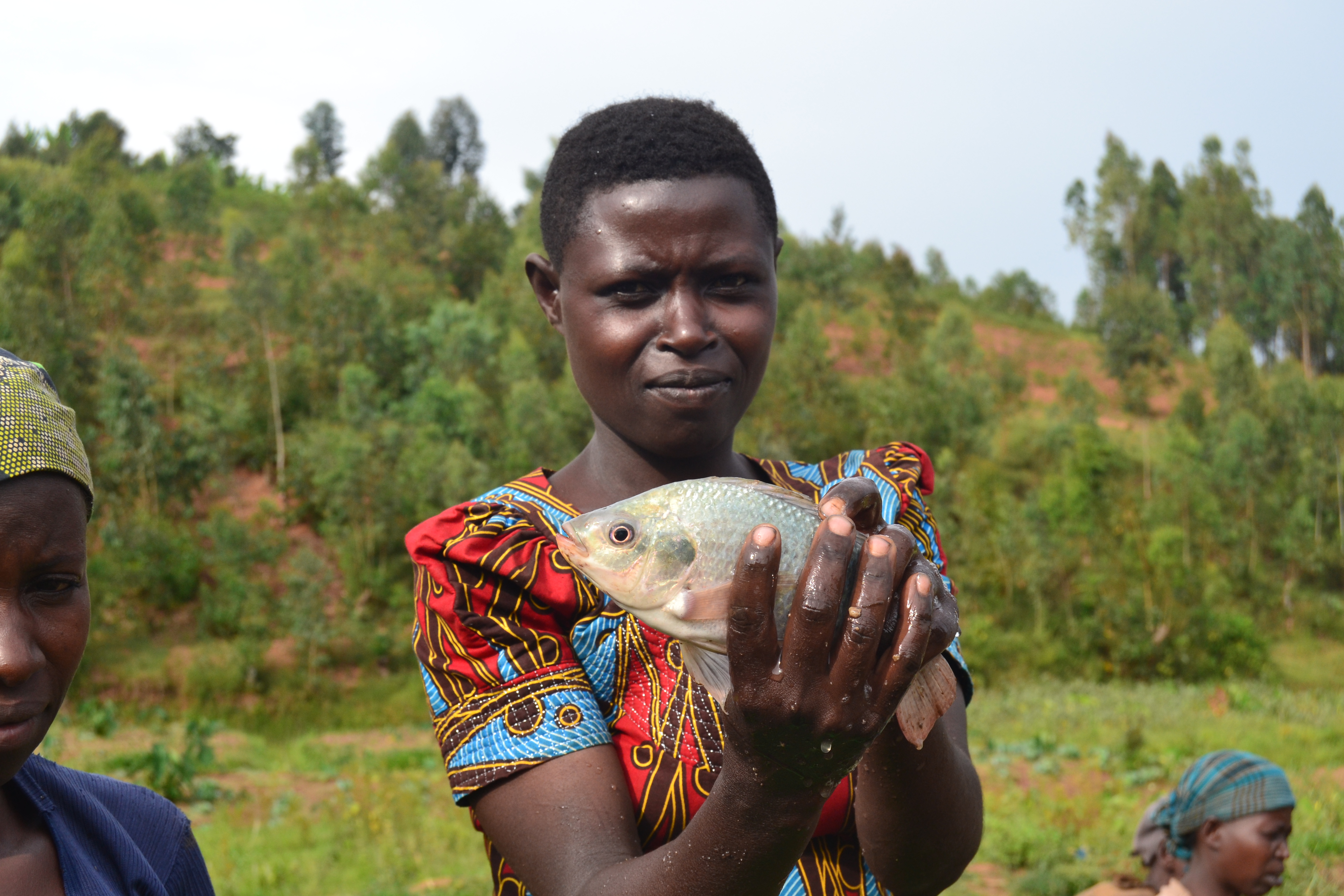
The Rwandan Civil War and 1994 genocide resulted in close to 800,000 deaths and crippled the country's infrastructure and economy. When the war ended the women of Rwanda began to take control.
In a pre-genocide patriarchal society, women were once restricted access to opportunities outside of the home. Their main role was to live in subordination to their husbands and care for the household. After the genocide, women carried the burden of reconstruction on their shoulders. Twenty-five years later, women are now breaking into industries that were once dominated by men, from politics to agriculture. Rwanda now has the highest number of female parliament representatives in the world, according to the Inter-Parliamentary Union.
Rwanda's success story, however, is a mixed tale. On the one hand, the country of just 12 million has made remarkable progress economically and has been called a global model for gender equality. On the other hand, some critics of the government allege that progress has come at a considerable cost, prioritizing economic growth over basic human rights.
This project explores the status of gender roles in Rwanda and the ways women are entering into male-dominated fields. It's the story of some of the experiences, struggles, and triumphs that women have faced as trailblazers for reconciliation and advocates for female empowerment.
-
×
 English
English








